Ronde, La (1950)
“The only joy is to meet someone to love.”
|
Synopsis: |
|
Genres, Themes, Actors, and Directors:
Response to Peary’s Review: He describes the film as “broken into several vignettes featuring a romantic sexual interlude between a man and a woman,” with “each vignette contain[ing] one character from the previous segment.” So, “when a husband and wife lie in bed speaking of fidelity: … we have the advantage of having earlier seen her in an affair: … and knowing that we’ll see him with his mistress in the following sequence.” Peary writes that “Ophüls’s women glow; their actions are determined by their hearts — and they never hold back from a sexual liaison or feel guilt afterward. They are the personifications of love; they know its glories.” On the other hand, “Ophüls’s men, while no buffoons, can’t appreciate love except on a physical level — they are always setting up rules, demanding loyalty, asking questions, thinking too much.” He ends his review by noting that “Simone Signoret is especially appealing — and beautiful — as a prostitute who is willing to give herself to soldiers for free”: (though she arguably has too little screentime, despite appearing in both bookend liaison stories). This soufflé of a “bedroom farce” — provocative enough to U.S. censors for its release to be held up until 1954 — remains worth a look as the first of Ophüls’s four later European outings. Notable Performances, Qualities, and Moments: Must See? Categories
Links: |
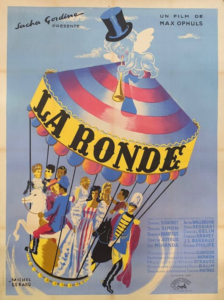
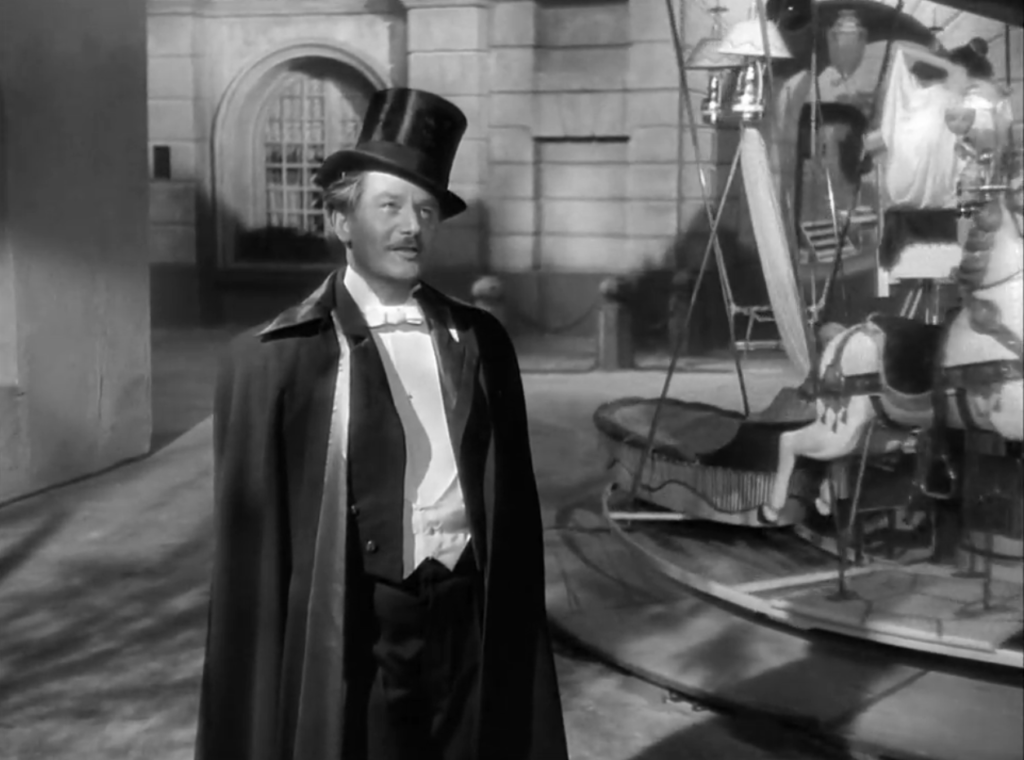
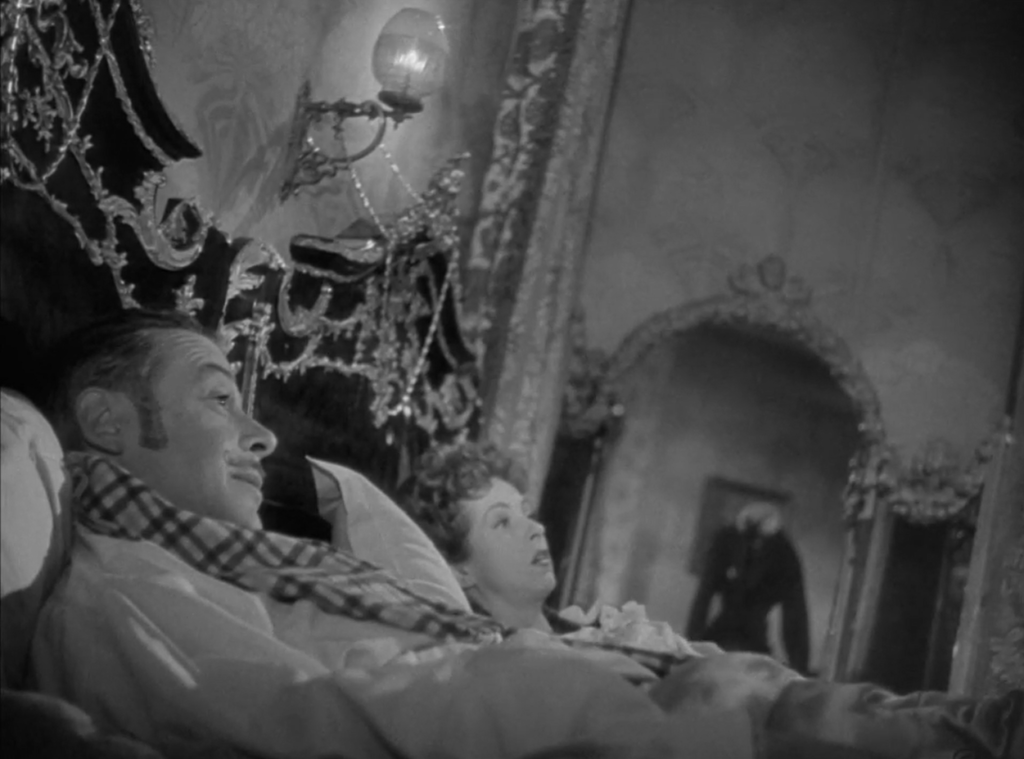
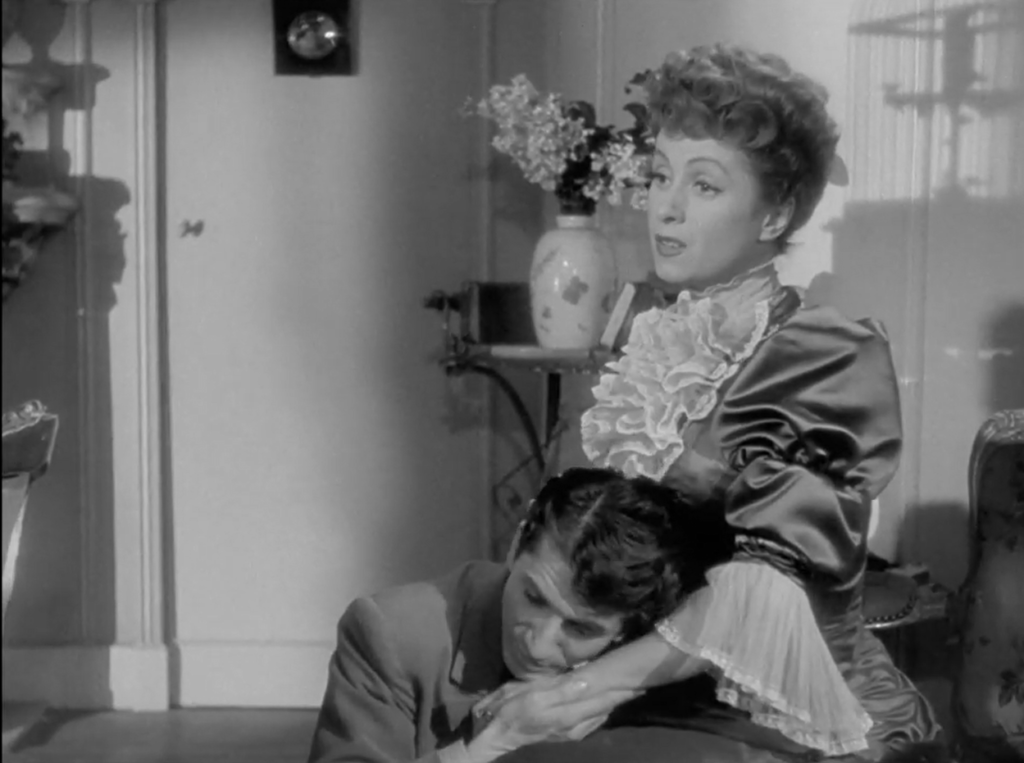
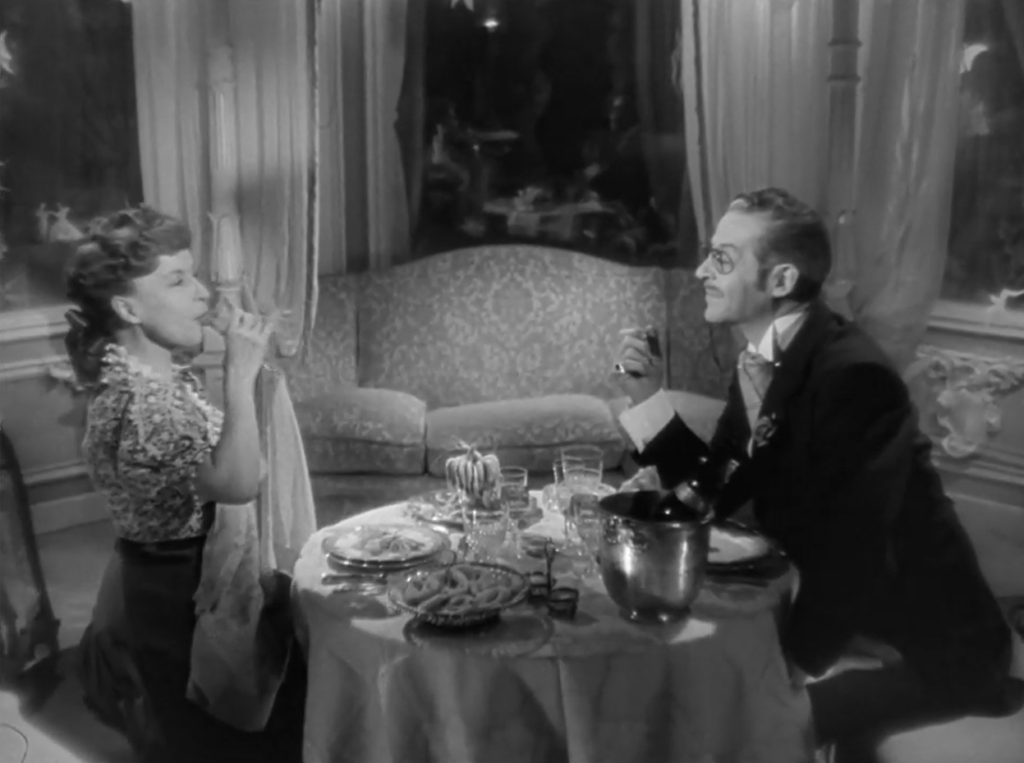
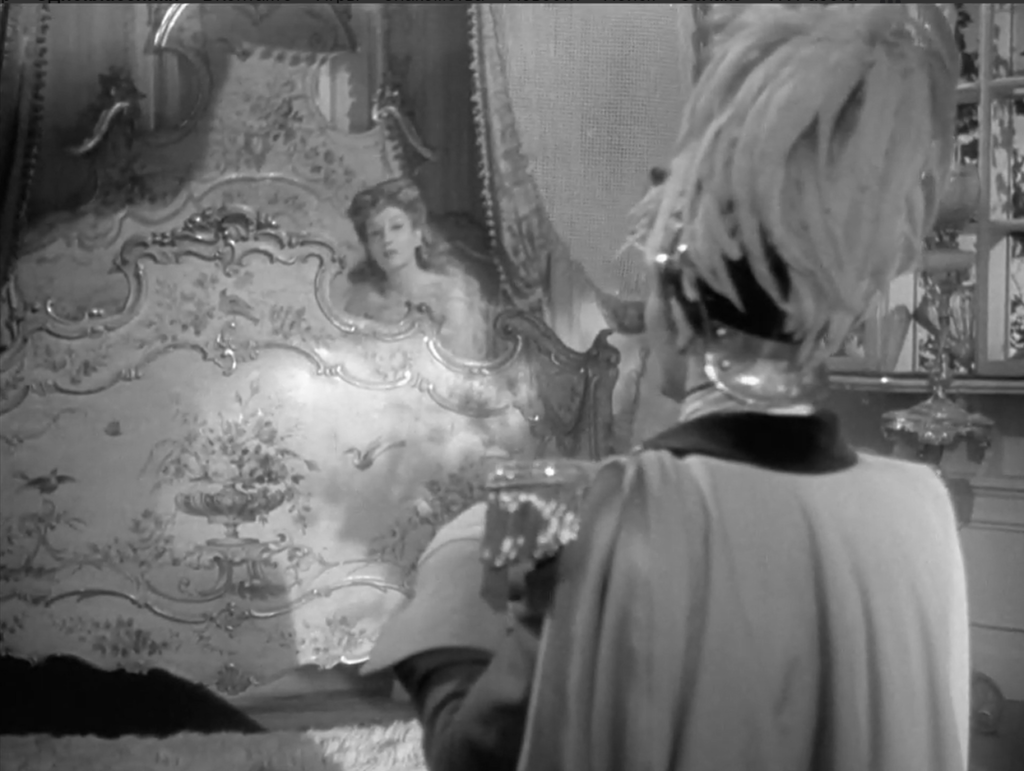
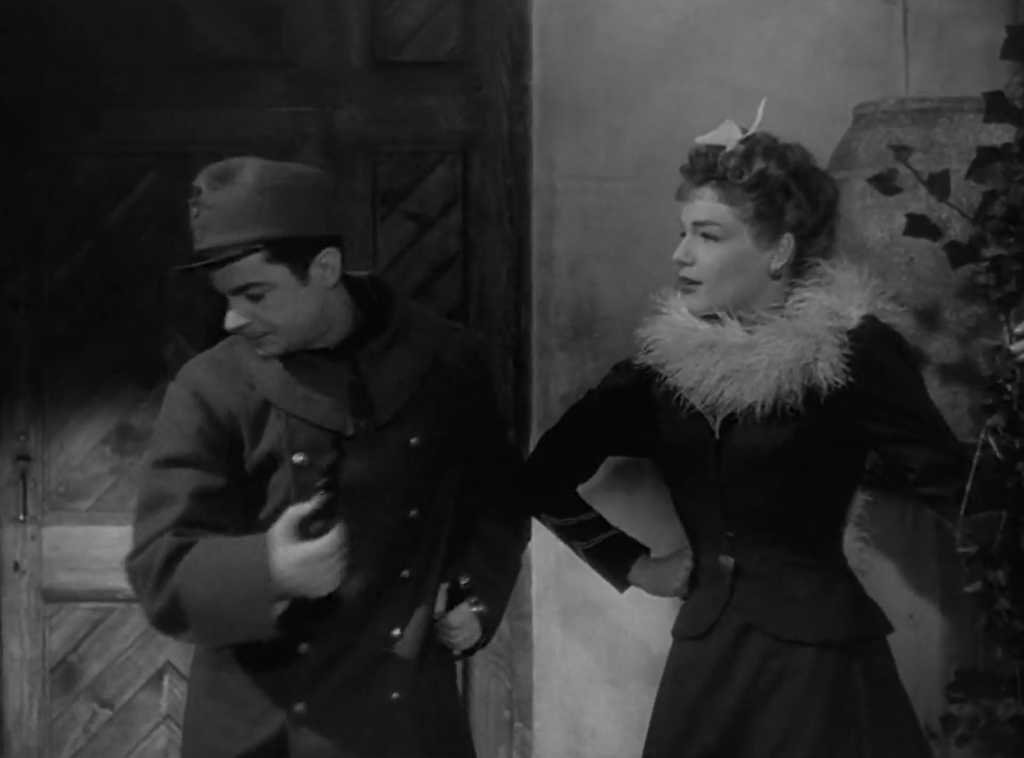
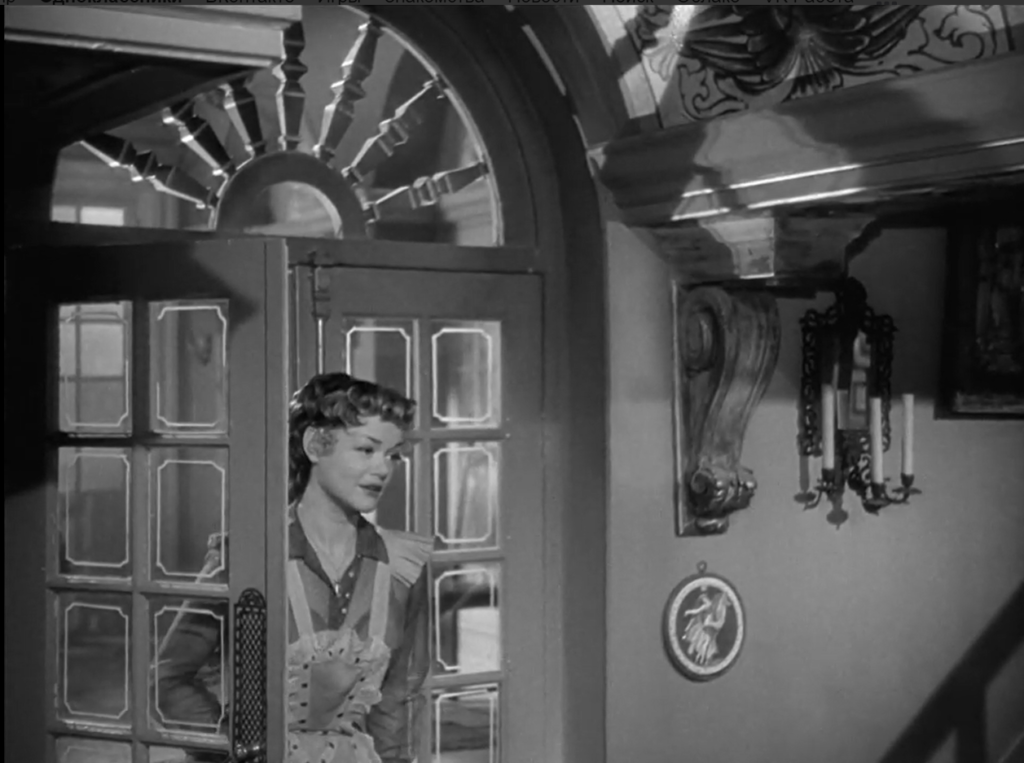
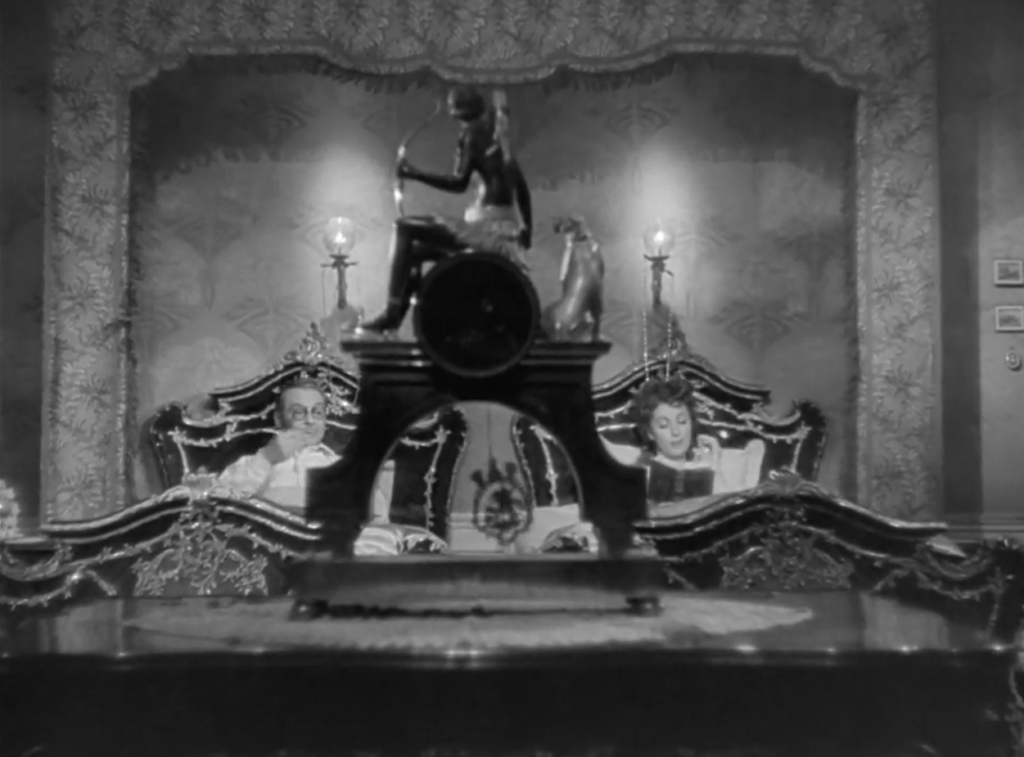
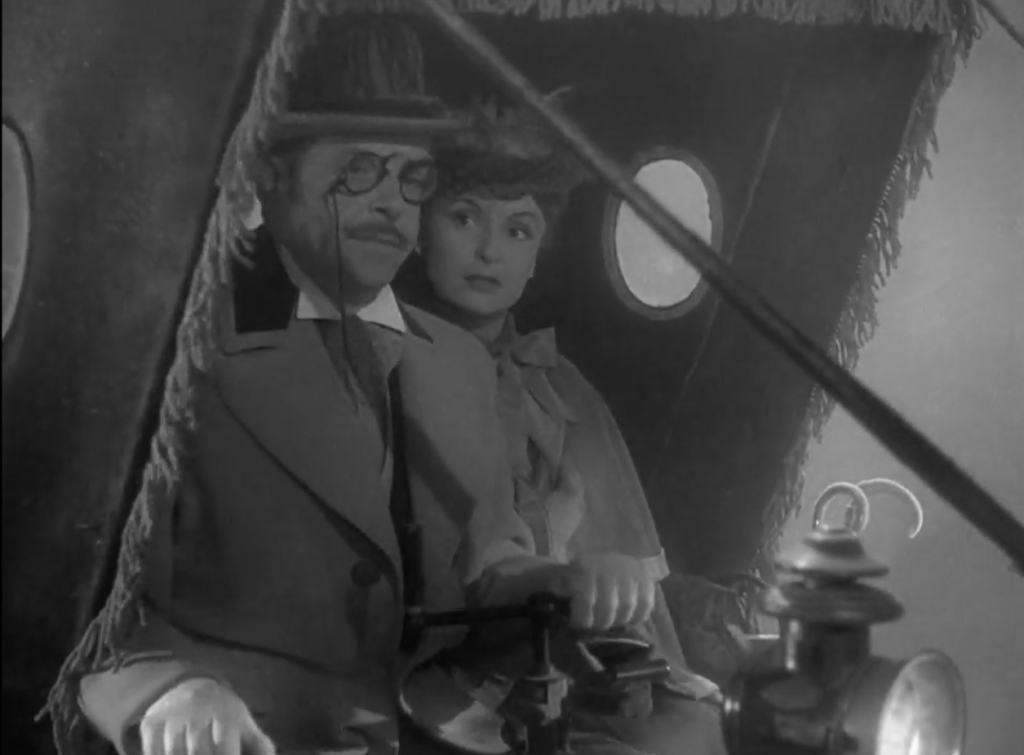
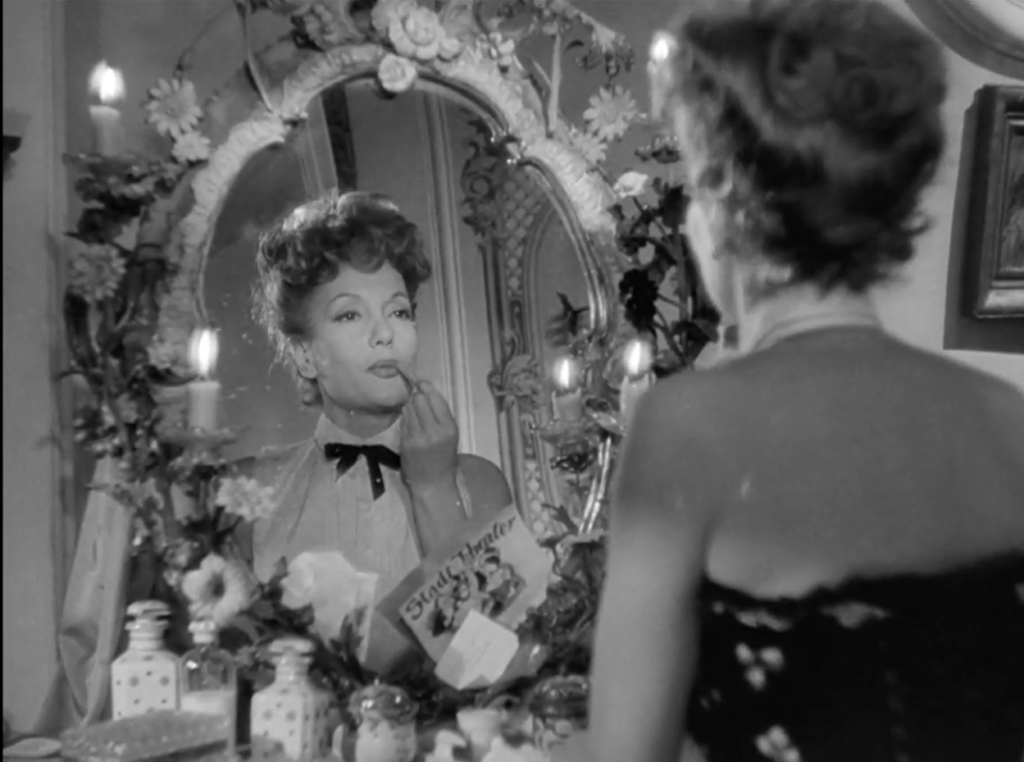
One thought on “Ronde, La (1950)”
First viewing (2/6/18). A once-must as a worthy film by Ophuls. As per my post in ‘The ’40s-’50s in Film’ (fb):
“Have other women been here?”
“Well, the building’s at least 50 years old.”
‘La Ronde’ (1950): The classic Max Ophuls film about The Circle of Sex …. er, I mean … Love…. though it’s mostly mainly about Sex … though there is a bunch of talk about Love. Sex, love, sex, love – vive la guerre!
And even though it’s a French film, it’s still set in 1900 Vienna so there’s a steady prudish use of the Slow Fade to Black whenever things start to get …interesting.
Throughout the film, various characters switch partners from story to story until, 10 stories later, we have seen passion from many walks of life.
I was a little less taken with the film’s first half (one character says “Life is so banal.” and I was starting to agree) – but the second half seems to thrust upward (if you will) and the writing and the latter characters seem elevated (if you also will).
I took a particular shine to the sequences involving the Shopgirl who is with the Poet, who himself is then with the Actress.
I’d not seen this film. It seems that ‘Lola Montès’ remains my favorite Ophuls film but this one does get livelier as it goes along (just as it hopefully is with both sex and love, I suppose).